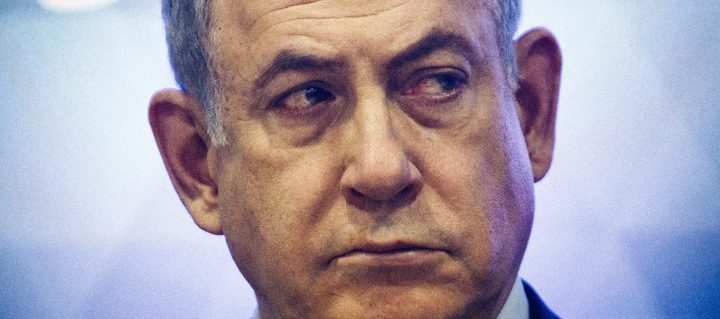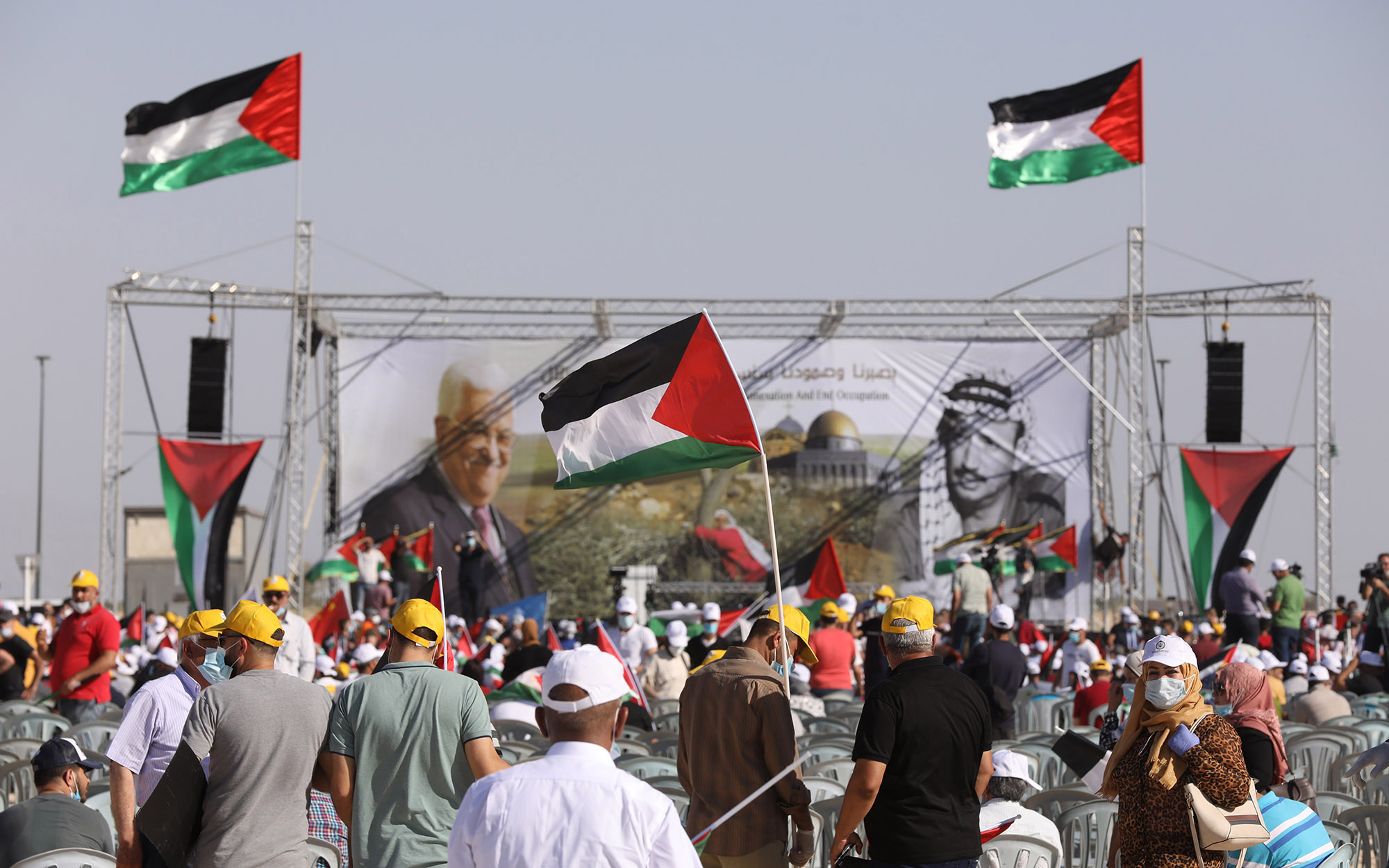OP-ED
Israel’s plans for annexation evoke apartheid South Africa

US President Donald Trump and Israeli Prime Minister Benjamin Netanyahu cannot be allowed to gain a stamp of approval from the international community for an apartheid-esque vision via their deceitful usage of the word ‘autonomy’. That didn’t work in South Africa and we cannot let it work today in Israel/Palestine.
Israeli Prime Minister Benjamin Netanyahu is set on annexing land in the West Bank, a process which was set to start on 1 July 2020. While the exact details remain unclear, one factor is strikingly evident – that Israel will be cementing an apartheid regime over Palestinians.
Having lived through our own apartheid reality in the 20th century, we cannot remain indifferent in the face of its 21st-century equivalent. The ultimate aim of those planning Israeli annexation is to fracture the West Bank, giving Israel as much Palestinian land with as few Palestinians as possible, while rendering impossible a sovereign Palestinian state alongside Israel.

Palestinian protesters and Israeli soldiers during a demonstration in the village of Hares near the northern West Bank city of Salfit on 19 June 2020 against Israel’s plans to annex parts of the occupied West Bank. (Photo: EPA-EFE / Alaa Badarneh)
Using the blueprint and stamp of approval of the Donald Trump administration’s so-called “Vision for peace and prosperity”, Israel may well begin by annexing a smaller amount of territory such as major settlements near the Green Line, but there is no doubt it will only be scaled up going forward. A system treating Israelis and Palestinians as separate and unequal is being permanently entrenched in law.
It is hard to look at the archipelago-esque map included in Trump’s plan or Netanyahu’s earlier proposed maps for annexation and not think of the bantustans that we remember from apartheid-era South Africa. Bantustans, or “homelands”, were isolated territories set up by the apartheid government to confine black people into 10 racially and ethnically homogenous zones, an attempt by a racist minority to control its “demographic problem” through intense geographic segregation and fragmentation.

Palestinians attend a rally in Jericho on 22 June 2020, called by Palestinian Authority’s Fatah party to protest against Israel’s plan to annex parts of the occupied West Bank. (Photo: EPA-EFE / Alaa Badarneh)
As part of the Bantu Homelands Citizenship Act of 1970, black South Africans were stripped of their South African citizenship and given citizenship in bantustans instead. By declaring the bantustans “autonomous”, the South African government tried to legitimise dispossessing its people of basic civil and political rights.
As members of the ANC and active members of the South African resistance, we were involved in mobilising others to join the fight against this racist system, both before and after Barbara’s imprisonment for anti-apartheid activities.

An Israeli soldier carries a Palestinian flag he confiscated from a protester during a demonstration near the Jewish settlement of Bekahot in the Jordan Valley, West Bank. (Photo: Kobi Wolf / Bloomberg via Getty Images)
With that experience, it is not hard for us to see the similarities between bantustans and the fractured map Netanyahu and Trump have suggested for Palestine, which, similar to the bantustan system of South Africa, confines Palestinians to small sections of land, cut off from each other, without political rights and without control over vital natural resources, let alone airspace or borders.
Yet despite the glaring similarities between the bantustans of apartheid South Africa and the Palestinian zones proposed by Trump, there is also one important difference worth noting: during the anti-apartheid struggle, the international community came together in calling the apartheid regime’s bluff.
When South Africa sought international recognition for the bantustans as “autonomous states,” the world said no. In 1976, the UN General Assembly passed a resolution “reject[ing] the declaration of ‘independence’” of the bantustans. The same year, the UN Security Council passed a similar resolution, “call[ing] upon all Governments to deny any form of recognition” to the bantustans.
In fact, South Africa was the only country in the world ever to recognise the bantustans as states; the rest of the world understood that cloistered zones that stripped individuals of their citizenship and rights had no business being called “states”. Doing so would only give legitimacy to a system of discrimination and oppression.
It is clear that Netanyahu will try to sell the unannexed territory as a form of “Palestinian autonomy”, just like Trump’s plan, with frequent references to “the State of Palestine” – similar attempts to try the same trick that apartheid South Africa tried. There is nothing “autonomous”, however, about Palestine, according to Netanyahu and Trump’s vision, which, both leaders have made clear, includes permanent security control by Israel over Palestinian territory.
Such a situation is not an autonomous state, but a veneer behind which Netanyahu can cement his vision of permanent occupation and unilateral annexation. We must not let Trump and Netanyahu gain a stamp of approval from the international community for an apartheid-esque vision via their deceitful usage of the word “autonomy”. That didn’t work in South Africa and we cannot let it work today in Israel/Palestine.
We must now come together to prevent the attempt to create the type of morally corrupt regime that we remember from South Africa. We must be prepared to use the peaceful tools that helped us win in South Africa; we know from that struggle that discrimination-based regimes are unlikely to change unless they know there is a price to pay for the status quo.
From our own work in South Africa, we know that sanctions are crucial in moving the hand of discriminatory regimes, and the world must be prepared to take economic measures to deter Israel from the disastrous path it is heading towards. Only in this way can we change the current reality of discrimination and oppression, and prevent the even worse consequences of annexation. We must instead work towards a future in which Israelis and Palestinians alike have civil, and political rights and the opportunity to live lives of equality and dignity in two secure and truly sovereign states, side by side. DM
Barbara Hogan is the former Minister of Health and Minister of State Enterprises in South Africa.
Andrew Feinstein is a former ANC Member of Parliament and the first MP to introduce a motion on Holocaust Remembrance in the South African Parliament.



















 Become an Insider
Become an Insider